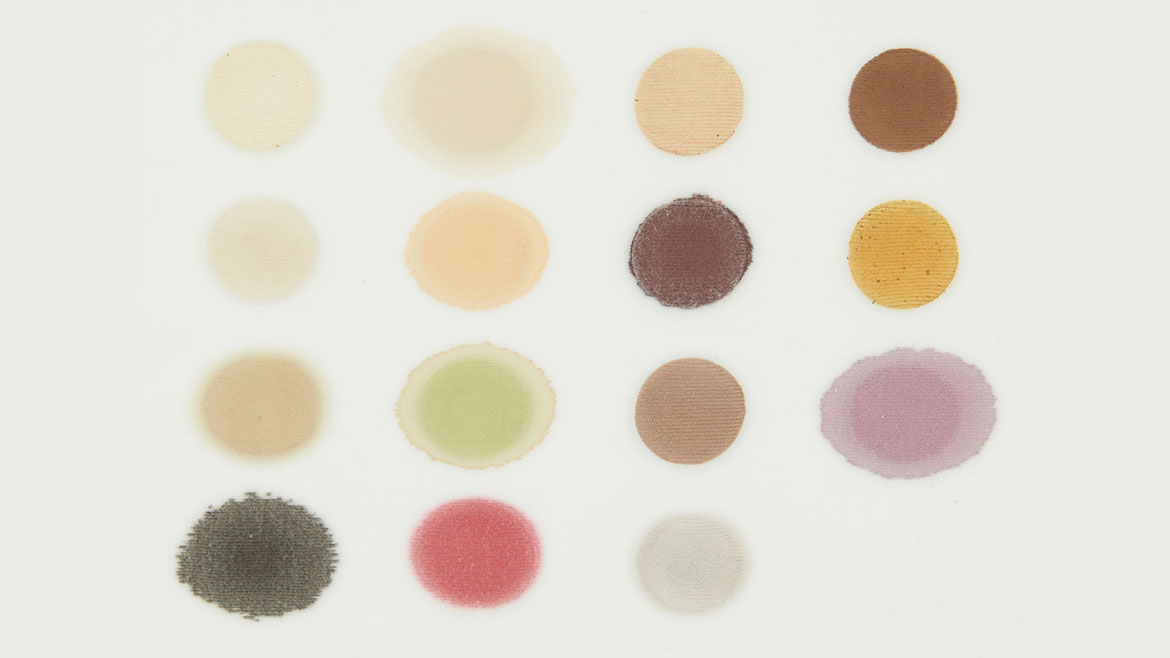The presence of soil in a wash affects the stain removal performance of a detergent. So to mimic as closely as possible consumer habits and practices in a laboratory, real consumer soiled laundry items are often included in performance testing. Such items help understand stain removal under more consumer relevant wash conditions. We can supply these articles to you.


Using stained test fabrics in lab testing will help you understand technically how well a laundry detergent formulation performs against competitive products or alternative development prototypes. We provide a range of natural consumer relevant stained test fabrics to help you assess stain removal performance.
Our range of specialist services can assist you in product development and gaining a broader understanding of your markets. Retrieval of competitors products and manufacture of product demonstration kits for use in supermarkets to demonstrate new product benefits and initiatives both help tailor products to consumer needs.
Natural stains are available from Warwick Equest to conduct the detergent test protocol as recommended by AISE.
The stains used within the performance testing protocol are commonly known as the AISE set and the natural stains stipulated are available from Warwick Equest. Stains are available individually or as a multi-stain monitor.
One aspect of laundry detergent performance is its ability to prevent greying of white fabrics over multi-cycle washing. Greying is caused by dye transfer or redeposition of soil or fugitive dyes.
To evaluate greying in the laboratory, the addition of new, clean fabrics to the wash cycle is common practice. The whiteness of the fabrics is compared before and after washing to quantify the greying effect. A selection of new, clean fabrics are available at Warwick Equest to assess greying (terry toweling, knitted cotton, woven cotton, polyester, polyester cotton).
Consumer relevant solutions that are easy to use and provide a time and cost efficient alternative or pre-screening solution to current testing methods.
Evaluated by performing a series of wash tests under European ADW conditions using an in-house prepared detergent and commercially available enzymes.
Broad evaluation based on desired conditions or responses, such as enzymatic response of tough soils. Currently commercially available monitors include Egg on Steel, Crème Brulee on Ceramic and Tea on Porcelain.